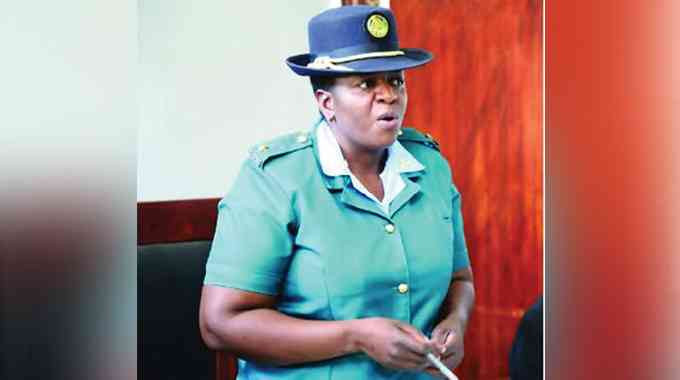HARARE Provincial Affairs and Devolution secretary Tafadzwa Muguti has read the riot act to the newly-elected councillors, ordering them to prioritise service delivery.
Harare has been facing a major service delivery crisis with residents complaining of water shortage, irregular refuse collection and lack of basic amenities.
In an address earlier this week, Muguti warned councillors who fail to transform the lives of the residents saying: “As government, we expect you to channel resources towards efficient service delivery. My office drives the devolution agenda and we expect to work with Harare City Council in the achievement of the underlisted: provincial co-ordination, provincial economic development, infrastructure planning and development and environmental management.
“You all know the pain points and as such, this new council must make a difference and transform the lives of the residents of Harare.
“My office is open to work with the City of Harare for the achievement of outcomes that benefit residents.”
He emphasised the importance of inter-governmental relations, pointing out that effective collaboration between these different levels of government is crucial for the successful implementation of policies and initiatives.
Keep Reading
- Mavhunga puts DeMbare into Chibuku quarterfinals
- Bulls to charge into Zimbabwe gold stocks
- Ndiraya concerned as goals dry up
- Letters: How solar power is transforming African farms
“Zimbabwe is a unitary State with a three-tier government that is the national government, provincial and metropolitan councils.
“In view of the above, it is important that inter-governmental relations are observed to ensure that the different levels of government work together effectively.
“The devolution of governmental powers and authority ensures the recognition of local governments as legitimate and autonomous,” Muguti said.
Local authorities in Zimbabwe have been struggling financially amid claims that devolution funds were not being disbursed on time, which affects service delivery.
There were reports that some local authorities were struggling to pay their employees because residents and institutions were not paying their bills.
Government institutions have turned out to be the biggest defaulters.
Follow us on Twitter @NewsDayZimbabwe





